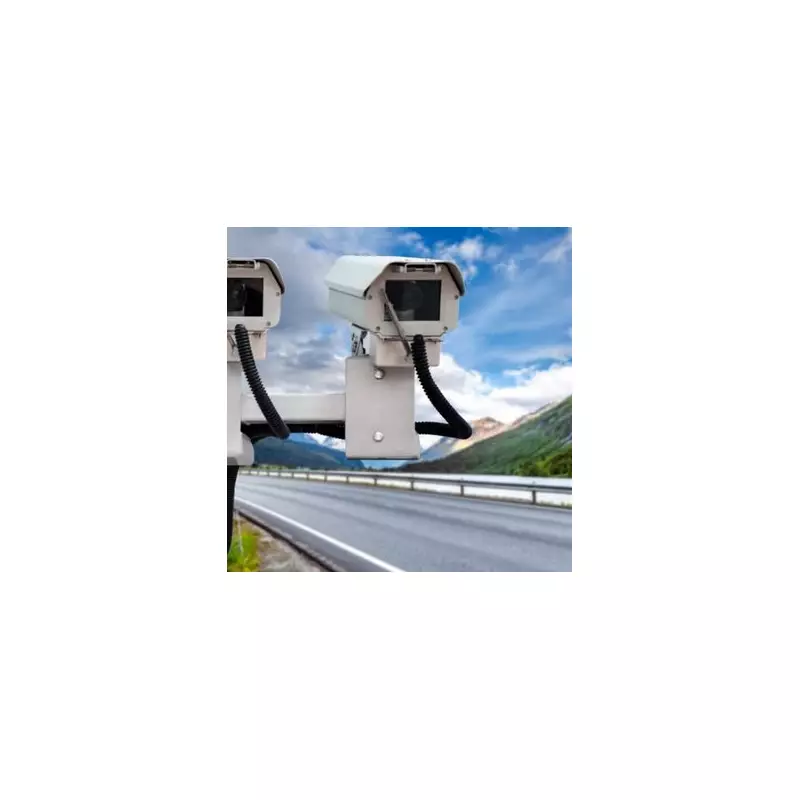
Commercial vehicle operators are facing a financial nightmare scenario as transport authorities unleash a major crackdown on tachograph violations that could see drivers hit with penalties reaching a staggering £7,300.
The paperwork pitfall costing thousands
New enforcement measures from the Driver and Vehicle Standards Agency (DVSA) target what might seem like minor administrative errors but carry maximum fines that could devastate individual drivers and small transport businesses alike. The focus is squarely on incorrect tachograph entries – the electronic or analogue devices that track driving time, breaks and rest periods.
What exactly are drivers getting wrong?
Common violations that could trigger these massive penalties include:
- Failing to properly record manual entries when devices malfunction
- Incorrectly logging driving time and rest periods
- Mishandling tachograph charts for analogue systems
- Not carrying the required number of spare charts
- Improper calibration or use of digital tachograph cards
Why the sudden crackdown?
Transport authorities are taking a hardline approach to what they see as fundamental road safety issues. Tachographs aren't just paperwork – they're critical tools for preventing driver fatigue, which remains a major contributor to serious road accidents involving heavy goods vehicles.
The DVSA's position is clear: proper recording isn't optional bureaucracy but essential for ensuring drivers take legally mandated breaks and don't exceed maximum driving hours.
Beyond the headline fine
While the £7,300 maximum penalty grabs attention, drivers face multiple layers of financial risk:
- Fixed penalty notices for lesser offences
- Vehicle immobilisation for serious violations
- Operator licence repercussions for repeat offenders
- Potential criminal prosecution for deliberate falsification
Protecting yourself from penalties
Industry experts recommend several protective measures:
- Regular training updates on tachograph requirements
- Routine checks of both digital and analogue systems
- Maintaining proper backup documentation
- Implementing company-wide compliance procedures
The message from transport authorities is unmistakable: in an era of heightened road safety scrutiny, tachograph compliance has moved from administrative concern to critical operational priority with serious financial consequences for those who get it wrong.





